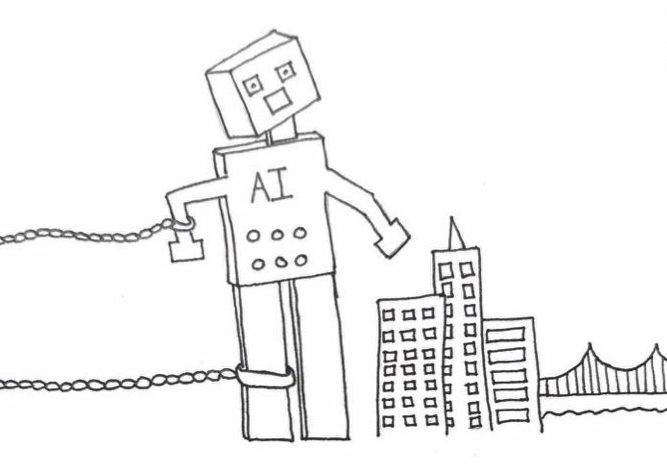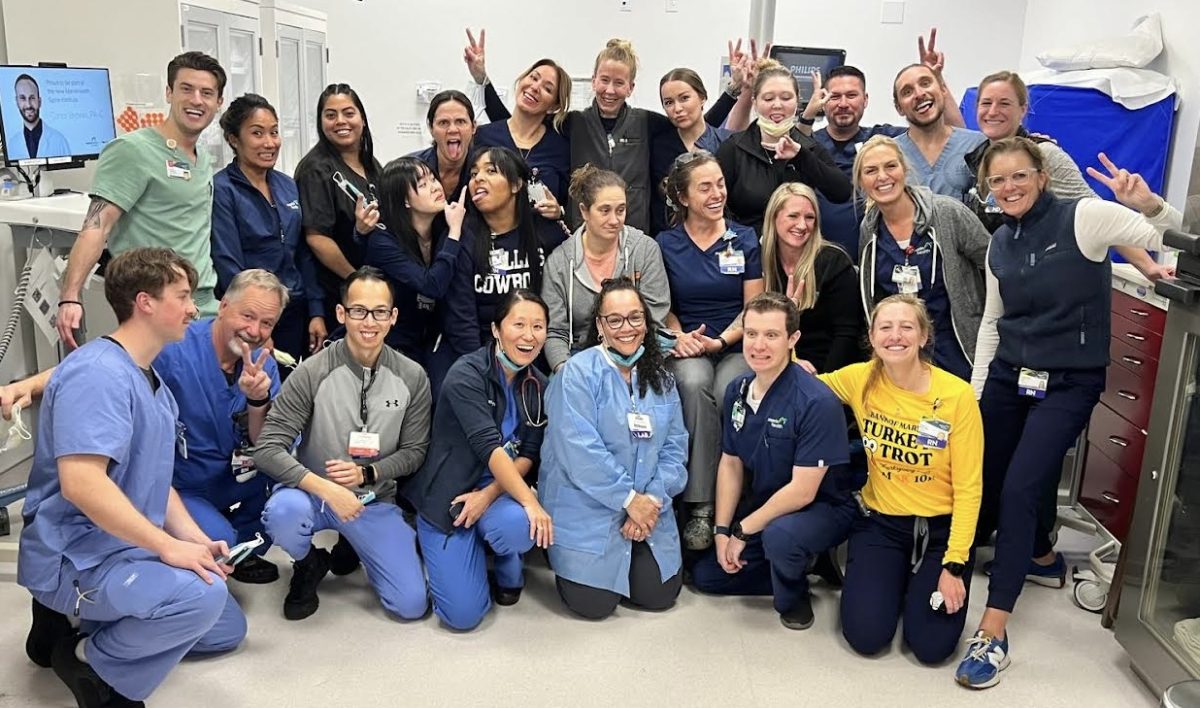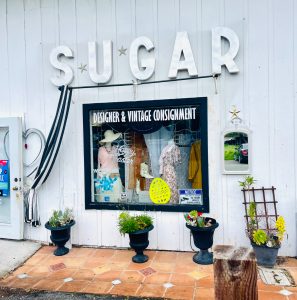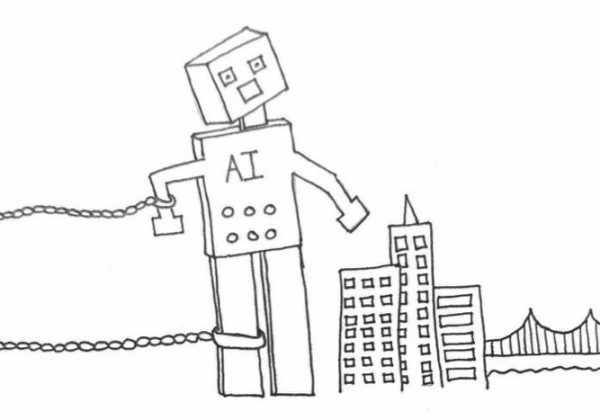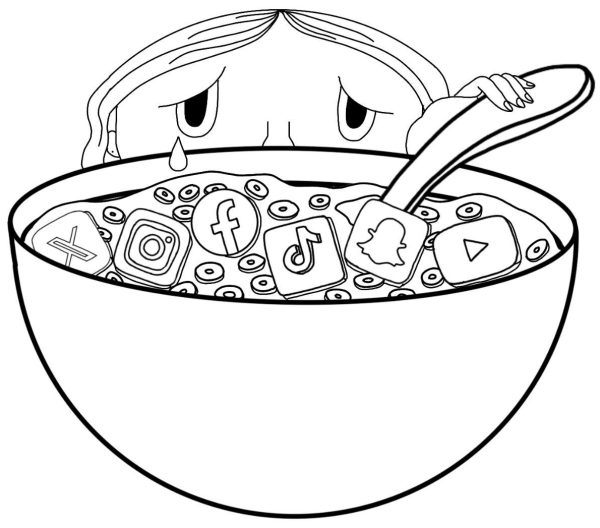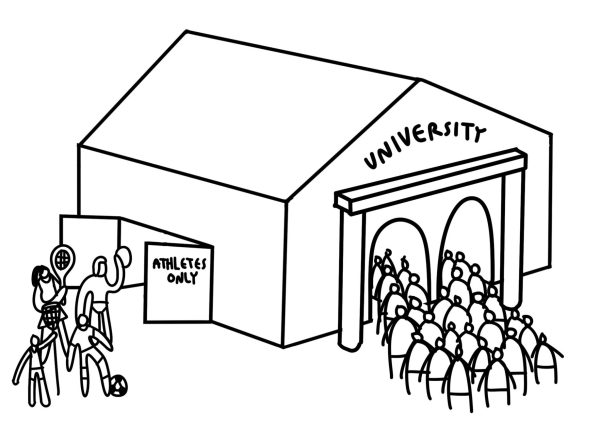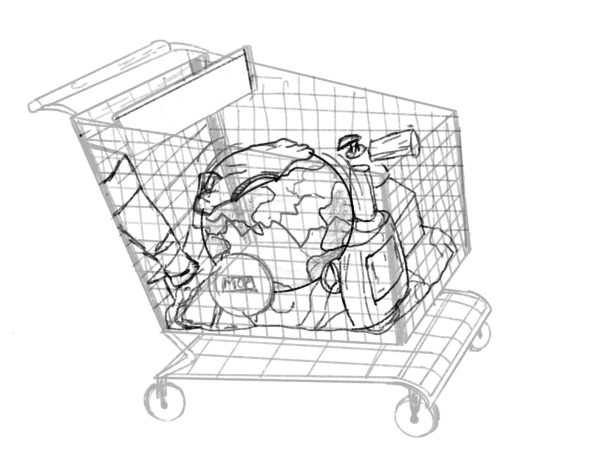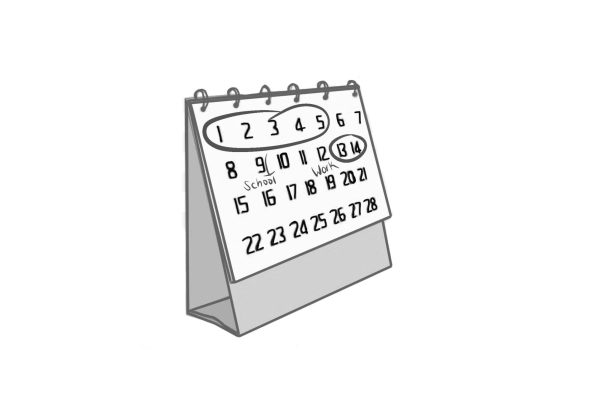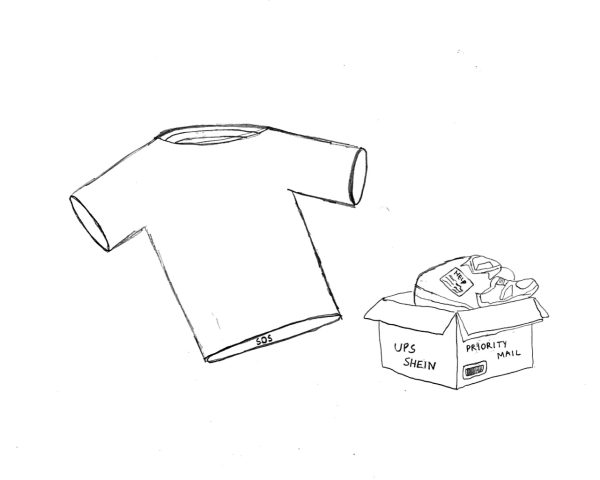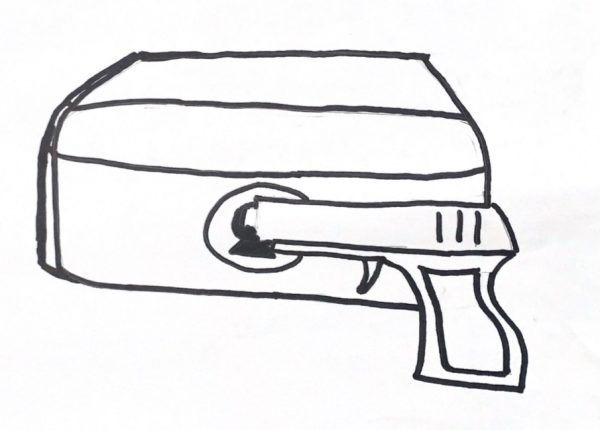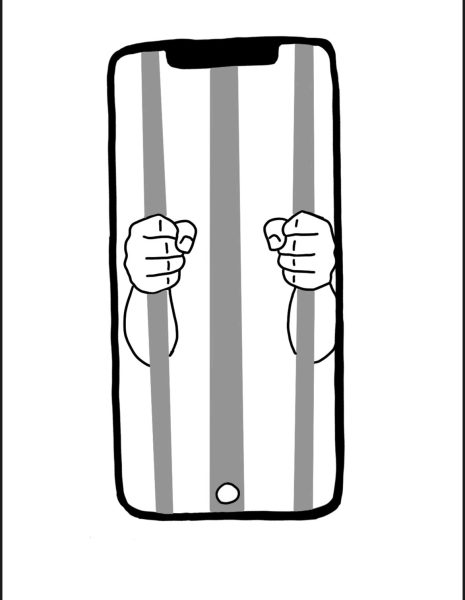Reflecting on white privilege: understanding a white person’s role in addressing racism
June 25, 2020
A few weeks ago, I did not fully understand the issue of racial inequality. My ignorance about the issue led to a blind spot that I wasn’t aware I had. However, following the death of George Floyd, an innocent black man who was ruthlessly murdered by former Minneapolis police officer Derek Chauvin, my perspective has changed dramatically. I used to think, “I’ve never done anything wrong, and I’m not racist, so how would the Black Lives Matter movement be relevant to me?” I have come to recognize the many flaws with that way of thinking. The unjust oppression and discrimination of black people in the U.S. demands the attention of all people, especially those with white privilege. We must reflect, listen, and become fully educated in order to have a better understanding of this critical and complex problem in our society and to create the permanent change that is needed.
The U.S. is a country founded upon the principles of freedom and equality, but many black people are not given the same opportunities as white people within this so-called “equal system.” The systemic and covert racism in our society creates an unfair playing field in which white people have an undeniable head start. From lack of access to education and healthcare to fewer employment opportunities to unfair treatment within the criminal justice system, black people are not set up for success in the same way as white people. According to The Atlantic, black people with degrees are twice as likely to be unemployed than all other graduates. Furthermore, one study from the National Bureau of Economic Research found that job applicants with “white sounding names” are 50 percent more likely to get a job over applicants with black sounding names. Because of this inequity, it is up to the white people in America to not only acknowledge their privilege, but also to stand up for those treated unfairly and do their best to even out the playing field. In a statement on social media, Michelle Obama expressed her thoughts on the issue, saying “It is up to all of us––black, white, everyone… It starts with self-examination and listening to those whose lives are different from our own.” 
It’s hard for our generation to fully understand this topic because we have grown up in a time where racism is covert, yet pervasive, in white communities. The racial injustices we witness today stem from the history behind the issue. However, this historic racism is still seen today. Our generation has now been called on to find solutions to fix this problem because we are the leaders and voters of the future. There are many ways Redwood students and families can make a difference: you can educate yourself, start conversations with your peers and get involved in your community by participating in protests and speaking in city council meetings, along with countless other methods. We are all Americans and we are all human beings. In no way is it justifiable to treat another human being differently based on their skin color. While it may feel uncomfortable to speak out, now is the time to do so.
Many people have decided to take action in the form of largely peaceful organized protests, using their voices to demand justice. At the same time, some protestors have expressed their frustration with more disruptive actions such as rioting and looting. Generations of black men and women have suffered from oppression, and, for some, rioting may seem like the only solution because peaceful protests often don’t gain enough attention to create substantial change. There is a profound sense of anger in black communities that is rightful and justified. While I acknowledge and honor this deep frustration, rioting cannot be the solution because of the major destruction it causes in these cities and communities. Despite this, it is the responsibility of white people to try to understand that rioting is a way to capture the government’s attention and demand that we need change now. Whether that means prosecuting police officers guilty of police brutality, conducting better background checks on policemen, or providing better education and training on racial issues, something has to change. The inequalities and pervasive discrimination towards black people in our society have ravaged their communities. Martin Luther King Jr. once said, “A riot is the language of the unheard.”
Leonard Pitts Jr., an American journalist, recently wrote an article for The Salt Lake Tribune about the corrupt police system.
“We don’t have ‘a few bad apples.’ No, we have a rotten tree,” Pitts said.
He is illustrating that the bias existing in the police force is not just a “character flaw” of a few individuals, but rather a product of toxic systemic racism. This racial bias is further perpetuated by socioeconomic struggles that keep black Americans in a cycle of poverty and powerlessness. While not all black people are disadvantaged to this extent, the historical racism against black people in society affects how police make decisions, creating an unconscious bias that has cost the lives of many innocent and unarmed black men and women.
Before arriving at a conclusive opinion on this topic, we must look at it from all perspectives. At this pivotal moment in history, our peers have an opportunity to learn from each other and listen with open minds because being open to new perspectives is crucial for change. We need to stand up for equality and justice, the values our society claims to promote. White people must work hard to identify their white privilege and push to make both individual and systemic change.



